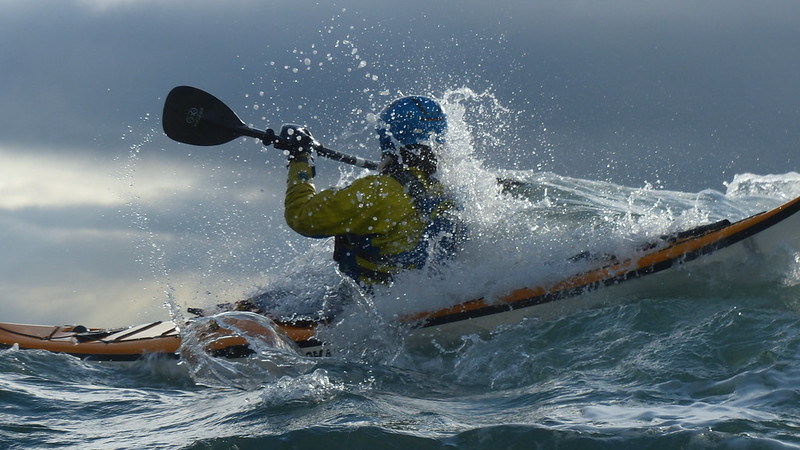'Forever Chemicals’ known as PFAS were first produced in the 1950’s and have since found their way into almost every part of modern life. They are incredible products and in the sea kayaking industry they give stain resistant properties to buoyancy aids and water repellency to dry suits. However they are now also found in 99% of our blood systems and are linked to diseases from cancer to high cholesterol in humans. In wildlife they are found to affect the immune systems of otters and the brain function of polar bears. They are labeled ‘Forever Chemicals’ because they take thousands of years to break down. But what can we as sea kayakers do about it?
Polyfluorinated alkyl substances, known as PFAS or more commonly PFC’s in the outdoor clothing industry, are a group of around 10,000 harmful industrial chemicals. Their manufacturers knew about their toxicity from the start but actively kept it quiet. The use of these persistent and toxic chemicals has gone under the radar for a long time. Greenpeace started campaigning against them in outdoor clothing and equipment in 2015. But most consumers are still unaware of the role they are playing in the production of ‘forever chemicals’.
PFC's are used for waterproofing fabrics in two main ways. The first is when a fabric is given a membrane between an inner and outer fabric layer such as Gore-Tex and eVent. They are mainly made from PTFE which requires toxic PFC's in its production and may degrade in the environment to these more toxic forms. The other potential use of PFCs is DWR (Durable Water Repellency). Textiles are given a coating or finish which ensures that water and dirt bead up on the product’s exterior. The sprays and washes you can buy to re-waterproof your clothing or equipment yourself may also contain PFC's.
It turns out that PFC's can also turn up in loads of sea kayaking products other than membranes and fabric finishes. It had become common practice in the footwear industry, for example, to coat every little part of a shoe; the laces, the stitching, etc. It is even used in products that aren't meant to be waterproof. Zips are another one of the places that companies have found it hard to get rid of PFC's. Zip manufacturer YKK got rid of them in their zips but found that the paint on their zippers contained PTFE.
So what exactly are the sea kayaking companies doing about PFC's? We looked at what the companies that manufacture sea kayak clothing are saying on their websites about their use of PFC's. Much of the time we had to read between the lines. Some of them are saying that that certain products are now PFC-free, but companies don’t always include PTFE membranes (e.g. Gore-Tex, eVent etc ) in their definition of PFCs. Or companies say they are using PFC-free DWRs but don’t mention the membranes.
Gore-Tex themselves say they will be free of 'Gore’s PFCs of Environmental Concern'. They will however use a fluoropolymer called ePTFE. Without a degree in chemistry it is hard to know what the real situation is but we can say few of the companies are completely clear about their use of PFC's. However as consumers, our lack of technical knowledge makes it hard for them to explain what is a really complicated situation.
So what can we as consumers do to avoid using PFC’s? Well the first thing we may need to accept is a poorer performing and/or more expensive product, at least in the short term. While it’s perfectly possible to make a PFC free fabric that’s very waterproof, breathable or durable; it isn’t yet possible to make one that is all three. The research and development that will inevitably be needed to develop such a fabric will be expensive, and they won't get it right first time. It will take the support of trail blazing consumers like you to fund this development.
Whenever it is practical to use PFC free materials maybe we should consider it, even is it isn’t the perfect product, neoprean for example. Hopefully in time, with our support, things will improve.

By Philip Clegg
With over two decades of working in the sea kayaking industry, Phil can be found on a daily basis coaching on the sea around Anglesey. That's when he's not researching and writing on all things sea kayaking.



